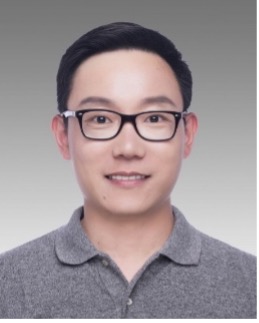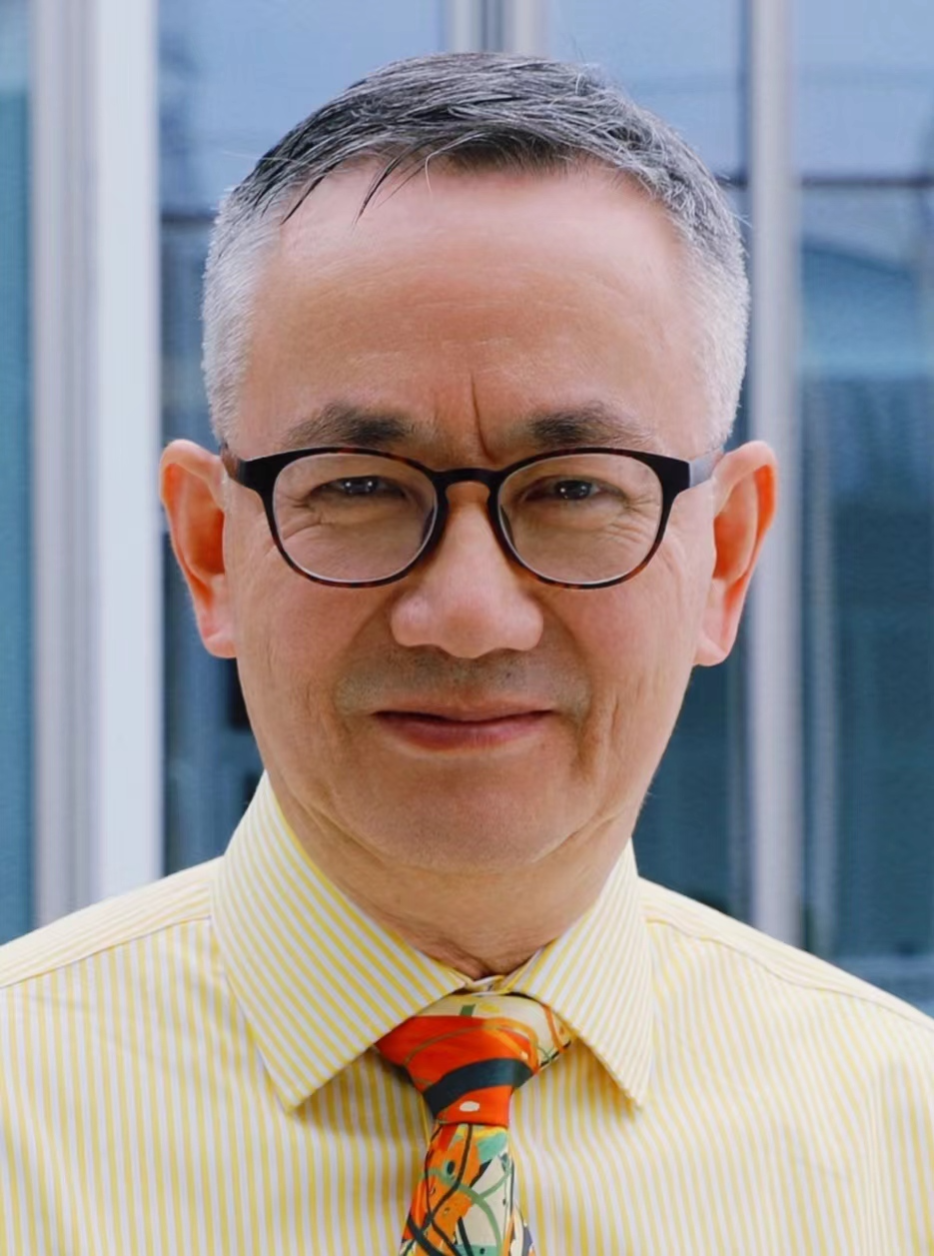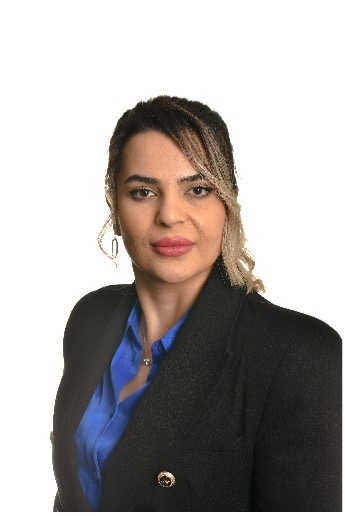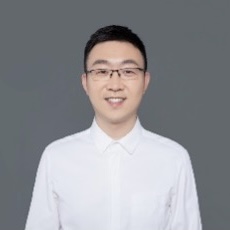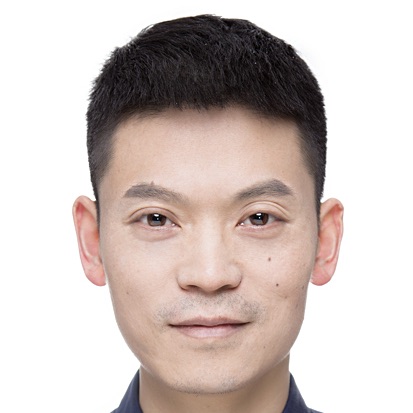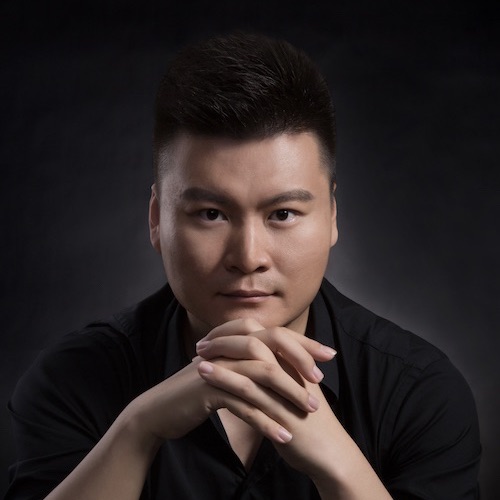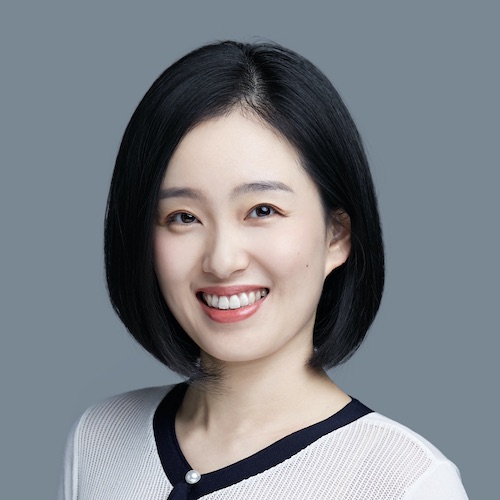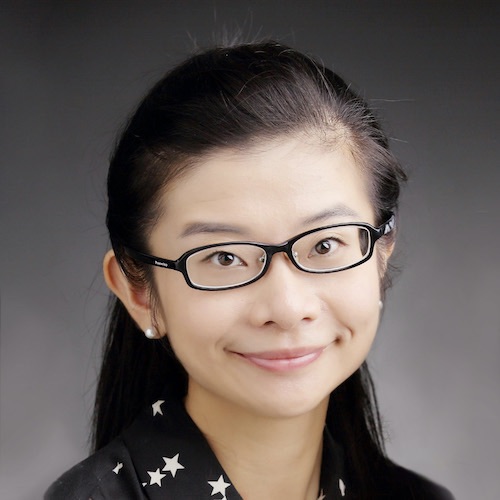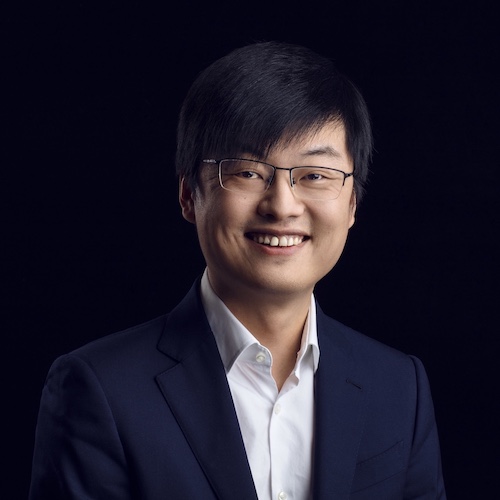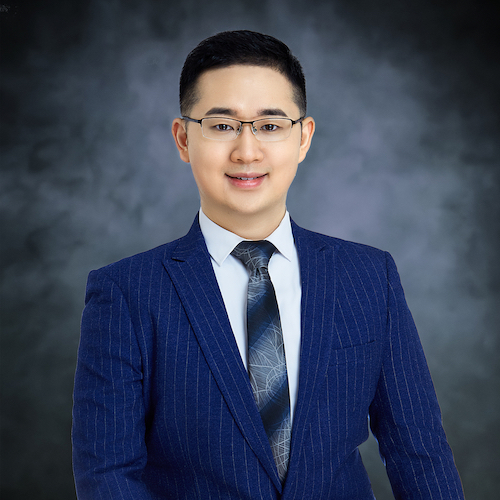Keynotes (1/5)
Keynote 1

Speaker:
Brian C. Lovell
Title:
Synthesizing Faces for Ethical Face Recognition using Stable Diffusion
Time:
8:35 – 9:05, July 14, 2023
Abstract:
We propose a solution to address ethical concerns in face recognition databases by synthesizing faces to replace internet-scraped photographs without consent. Our approach utilizes generative techniques, including StyleGAN and Stable Diffusion. StyleGAN generates diverse and realistic synthetic faces by learning from extensive data, allowing control over facial attributes for demographic alignment. Stable Diffusion models image generation dynamics, producing high-quality, visually coherent synthetic faces. Our solution preserves database functionality while respecting privacy. Through evaluations, we assess visual quality, diversity, and demographic fairness of synthesized faces. Compatibility and effectiveness in face recognition tasks are also evaluated to maintain system accuracy and robustness. Our research highlights the potential of ethical face synthesis for creating privacy-preserving face recognition databases.
Biography:
Brian C. Lovell was born in Brisbane, Australia in 1960. He received the BE in electrical engineering in 1982, the BSc in computer science in 1983, and the PhD in signal processing in 1991: all from the University of Queensland (UQ). Professor Lovell is Director of the Advanced Surveillance Group in the School of ITEE, UQ. He was President of the International Association for Pattern Recognition (IAPR) [2008-2010], and is Fellow of the IAPR, Senior Member of the IEEE, and voting member for Australia on the Governing Board of the IAPR. He was General Co-Chair of the IEEE International Conference on Image Processing (ICIP) in Melbourne, 2013, Program Co-Chair of the International Conference of Pattern Recognition (ICPR) in Cancun, 2016, and Program Co-Chair of ICPR2020 in Milan. His interests include Artificial Intelligence, Computer Vision, non-cooperative Face Recognition, Biometrics, and Pattern Recognition.
